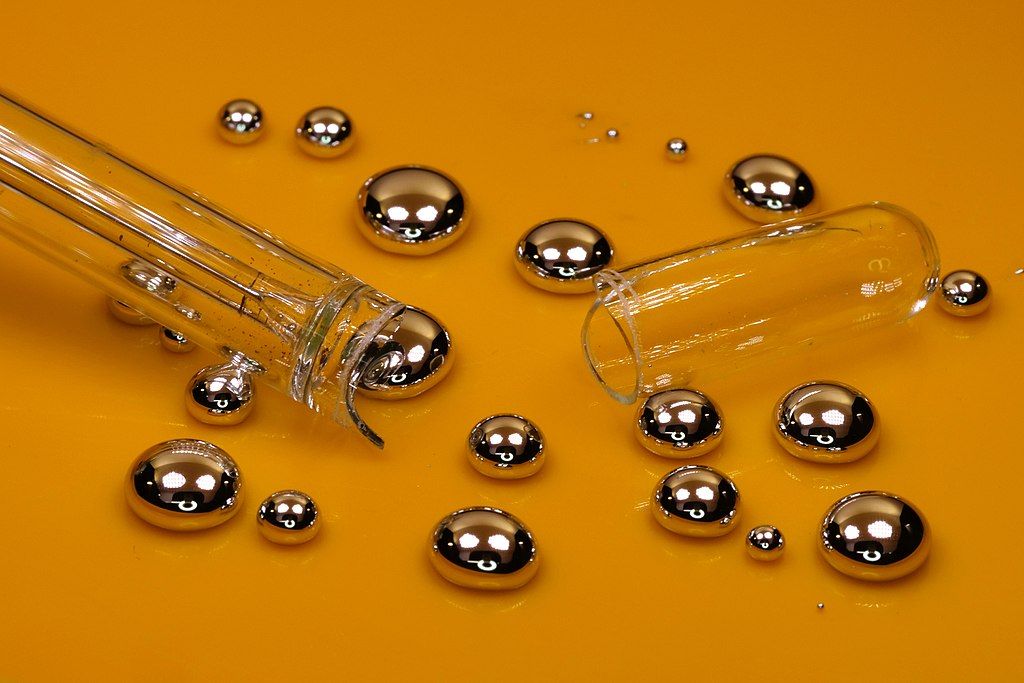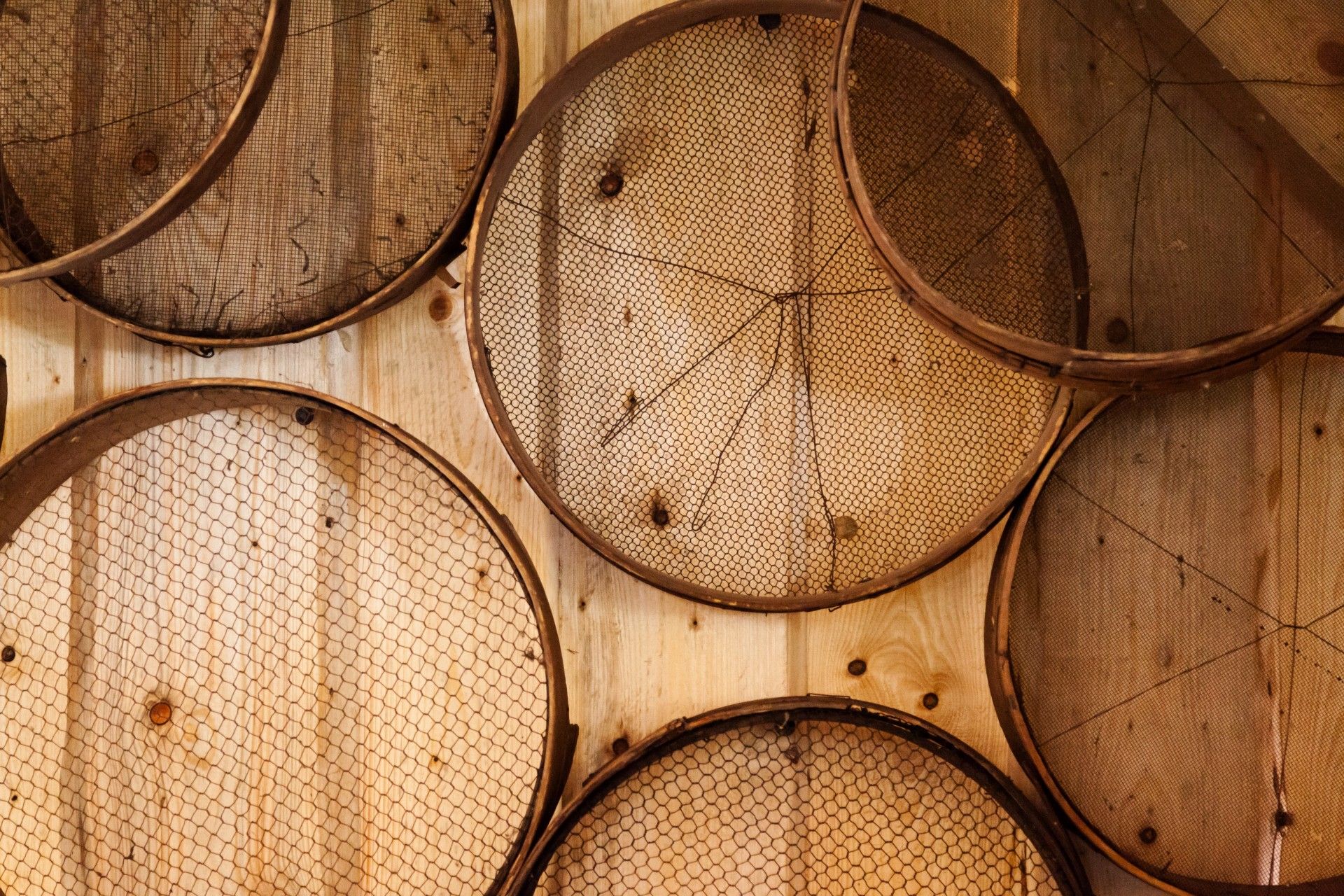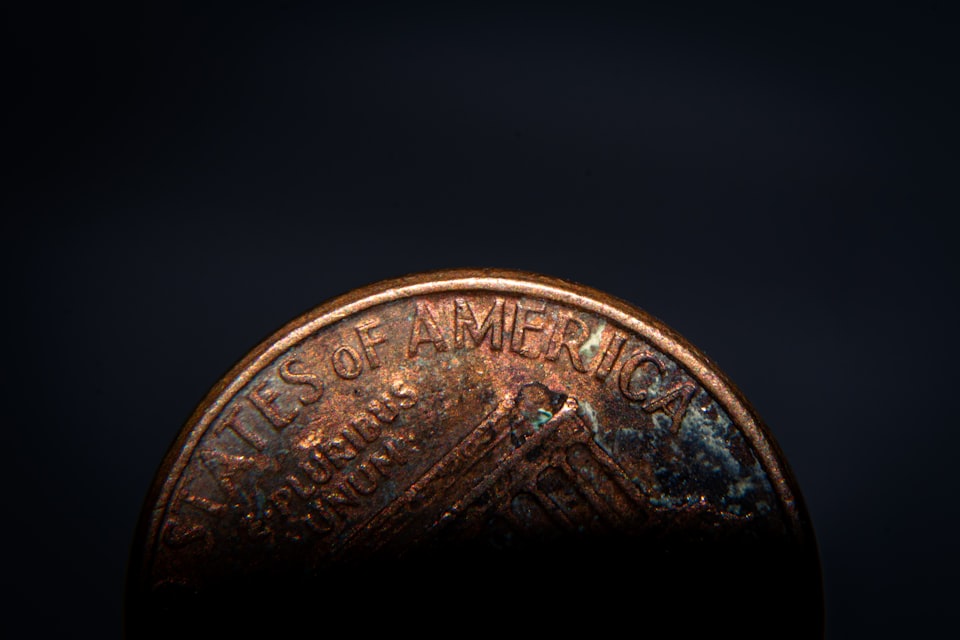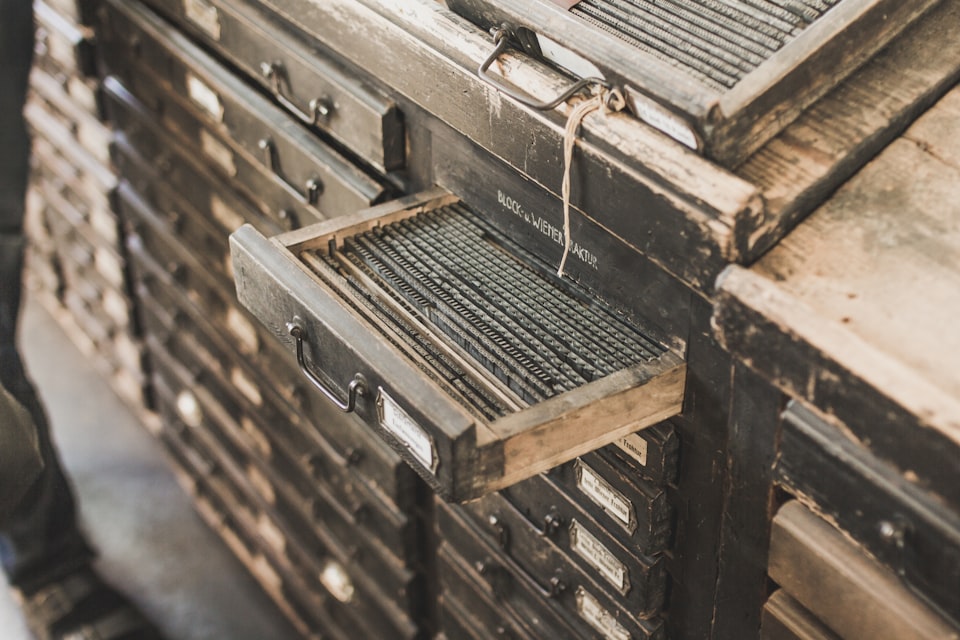IX: Mercury
Wrapping up metal month with alchemy.

Good morning. Today is nonidi, the 29th of Nivôse, Year CCXXXI. We celebrate le mercure, the liquid metal we call quicksilver.
There's a myth-building tendency to think that science sprung up from out of nowhere during the Enlightenment to challenge the church for dominance in the European mind. Sure, science-type stuff was happening around the world, mainly in China and the Middle East, but in Europe, science halted when the Greeks – what did happen to the Greeks, did they get, like absorbed by Romans? – stopped philosophizing and mathematizing and only resumed when an apple fell on Newton's head.
But science was there the whole time, and asking all the same questions that religion either didn't bother with or was only too happy to cede to the quotidian minds of the secular world. In modern times, this medieval observation-and-experiment-based science is usually called "alchemy" and dismissed as laughable crackpot chemistry.
Alchemists were doing science, though, and throughout the entire world. The story of what alchemists learned, and how they did it, is not only important to acknowledge, but the learn from. The same mistakes that led to "alchemy" acquiring a very, very bad reputation are in danger of pulling down the edifice of "science" today.



